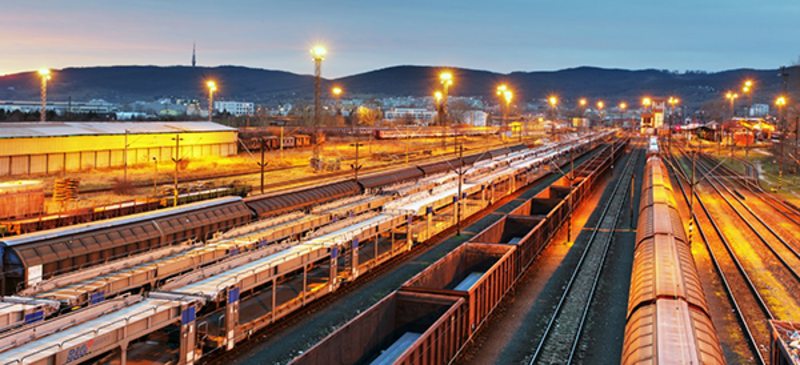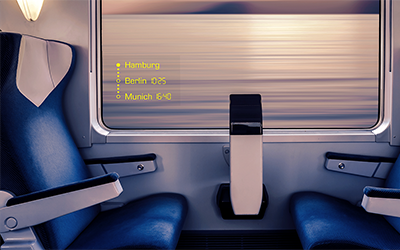
5 Reasons to Work in the UK Rail Industry
uk rail industry, rail jobs, Rail industry...
The UK Rail industry is a big source of employment, with 14,000 trains on the UK railway network and over 2,500 stations. In April 2019 the industry entered a new 5 year funding period (CP6) which saw the level of investment committed to the sector increase to in excess of £46 billion.
There are a number of large infrastructure and maintenance projects due to begin. This increasing activity brings huge employment potential, which is why we’ve chosen to highlight some of the main reasons to consider a rail career path.
1. High-investment projects offer huge job potential
In the past 25 years rail passenger numbers have more than doubled, and the volume of freight moved by rail has increased by almost a third. This has created necessity to invest in the UK rail infrastructure, with many projects already in production; a few examples being HS2, Crossrail and the Central Track Alliance.
The UK Rail industry collectively employs 240,000 people across infrastructure, train operators, rolling stock and freight. HS2 alone is targeting to employ a further 8000 rail jobs by 2020.

2. Strong demand for skilled professionals
It’s no secret that the Rail industry is suffering from a skills shortage. This is down to an ageing workforce and an imbalanced ratio of experienced workers and those just starting out.
Figures show that over 40% of all professionally registered rail engineers are ages 50+, with many planning to retire in the coming years. To combat this, the government set out the Rail Sector Skills Delivery Plan, an ambitious target of delivering 20,000 rail apprenticeships by 2020, to help more young people to start a rail career. Exciting times for those graduating or looking to kick-start their career, as Rail businesses are being encouraged to invest in apprenticeships and graduate schemes. There are a number of reputable organisations such as The National College for High Speed Rail (NCHSR) and the UK-wide Rail Design Apprenticeship scheme, which will have collectively taken on over 452 learners by the end of this year.
3. Investment in diversity and transferable skills
There is a positive outlook for women looking to branch out into rail too, as the UK Government has made a commitment to boost diversity in the sector by increasing the proportion of women taking up technical and engineering apprenticeships to at least 20% by 2020.
With a majority male workforce, female workers account for only 13.4% of the rail workforce, showing the need for change and better gender balance, as well as the potential to tackle some of the skills shortages within the industry by encouraging more women to pursue a rail career.
Big names in the sector are also thinking outside the box, being more diverse in their approach to grow the number of workers as they look to hire those with transferable skills from other sectors, including veterans. One example is how Bombardier Transportation recently discussed how they are implementing creative workforce plans by upskilling candidates from other sectors.
UK Rail Minister, Andrew Jones recently expressed that, “the rail industry is in need of more digital skills and greater workplace diversity going forward.”
4. Innovation opens up new digital opportunities

In recent years, the number of rail passenger journeys has hit a record high of 1.7 billion and, as a result, highlighted the need to improve the systems in order to keep up with passenger demand. A few innovation projects that have been brought to light are:
- Augmented Reality and Holographic Projection for Rail
- 3D Laser Scanners
- Thermal and Visual Imaging Equipment
- Interactive Windows
- Digital Twin Model
- The Internet of Trains
The increase in innovative technology within the Rail industry indicates that there are big plans to improve the efficiency of our rail network and the speed in which projects are completed. The future looks bright for rail innovation which could lead to more digital job opportunities arising.
5. Variety and travel opportunities
If you decide to enter the rail industry as a contractor, it will open up opportunities all over the UK. Whether you’re a Train Driver, Engineer or Project Manager you could potentially travel across the country and experience various locations, giving you flexibility and variety in your role.
Once you get your foot in the door, there are numerous possibilities and opportunities within the UK Rail industry.
Contact our friendly rail team
Looking for your next Rail job? Browse our latest jobs here.
Looking for help hiring? Contact our team here manchester@talascendint.com.
